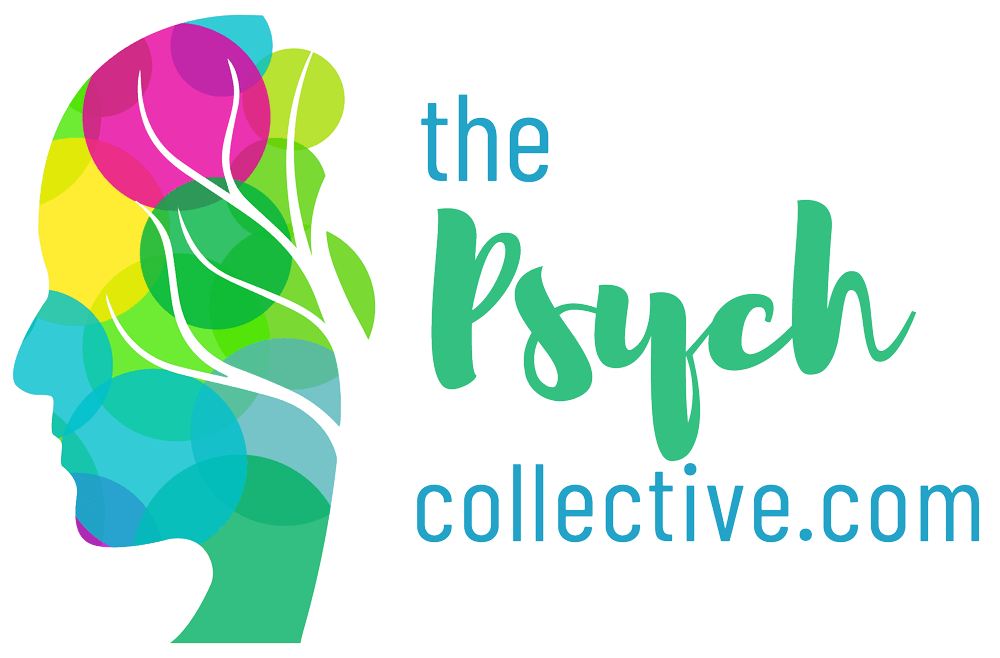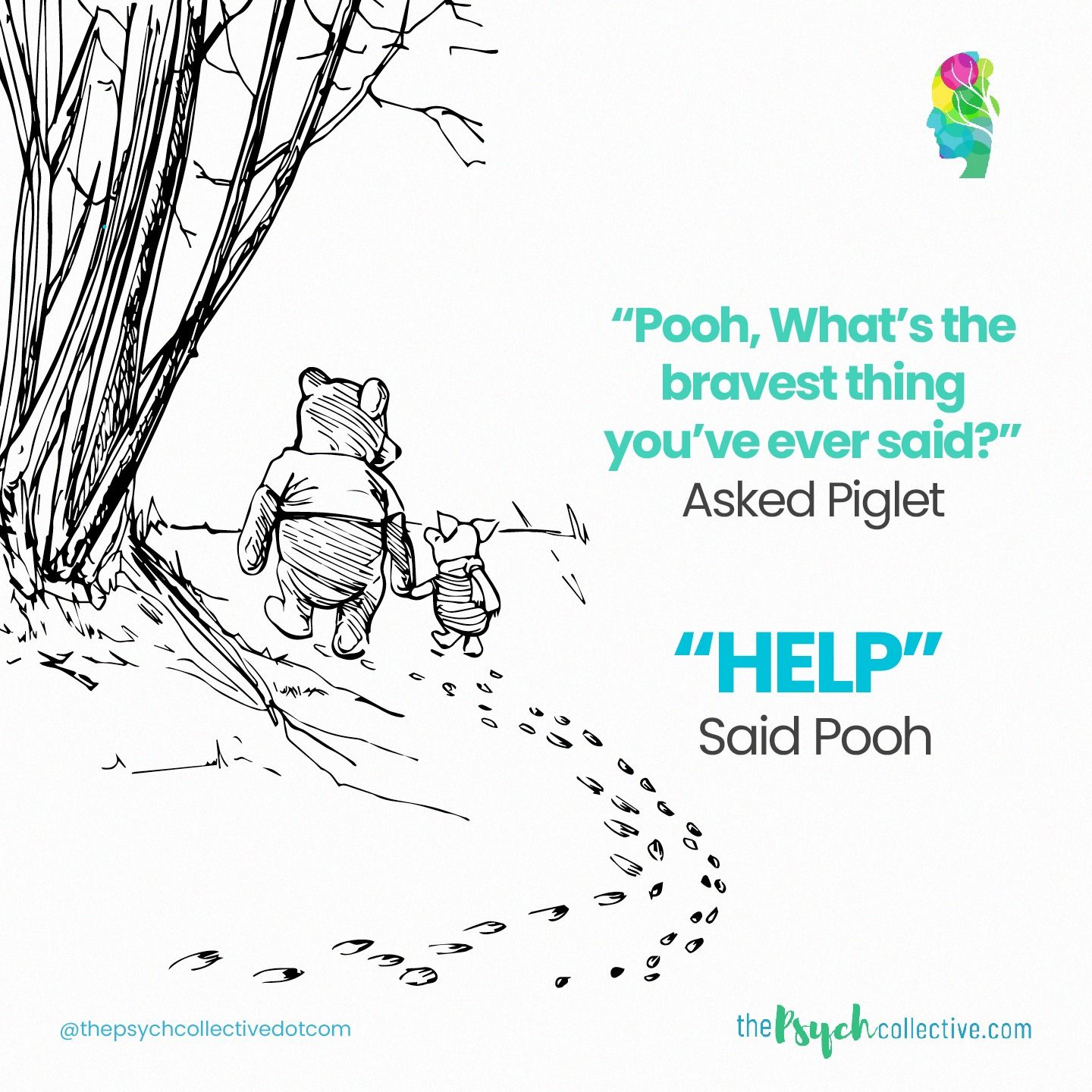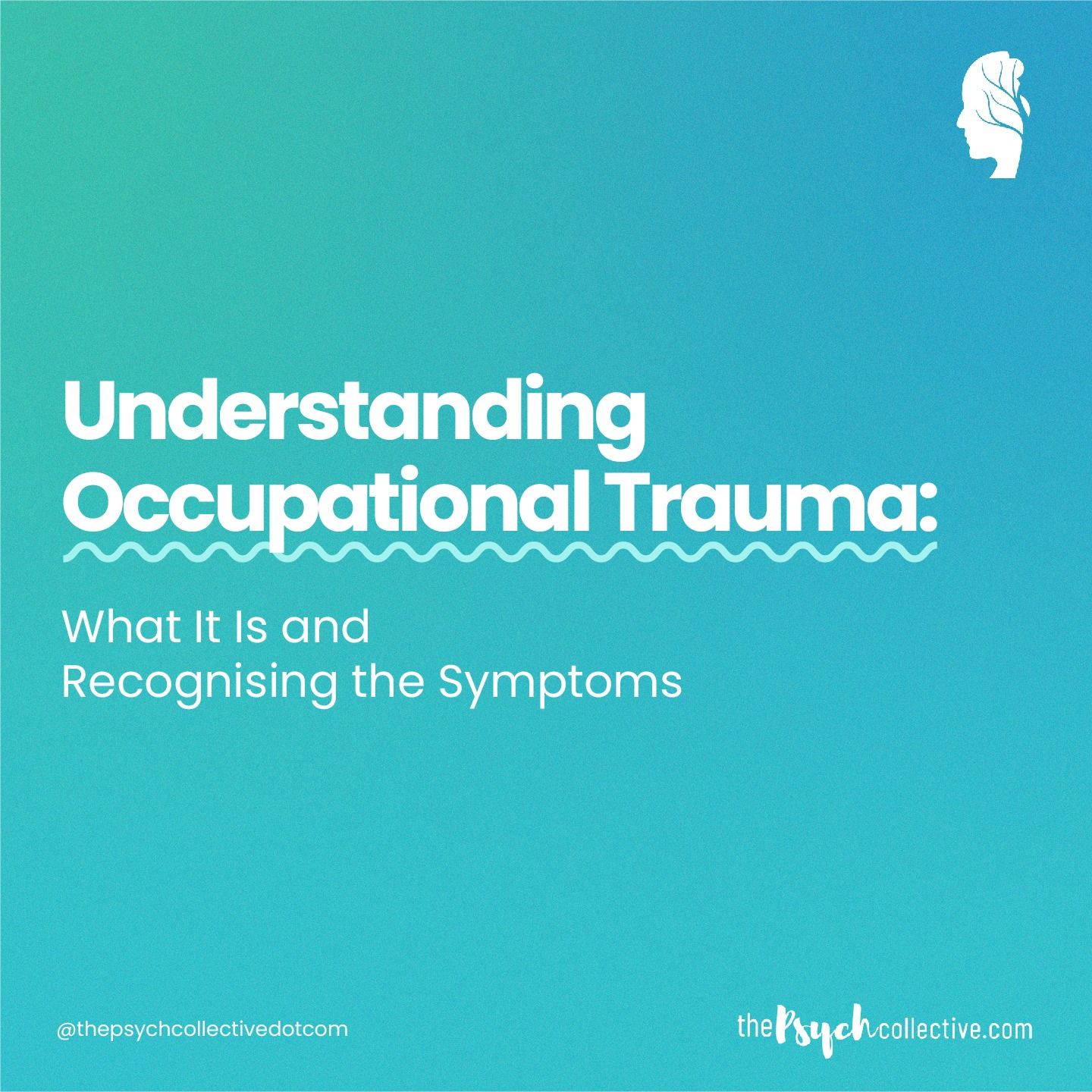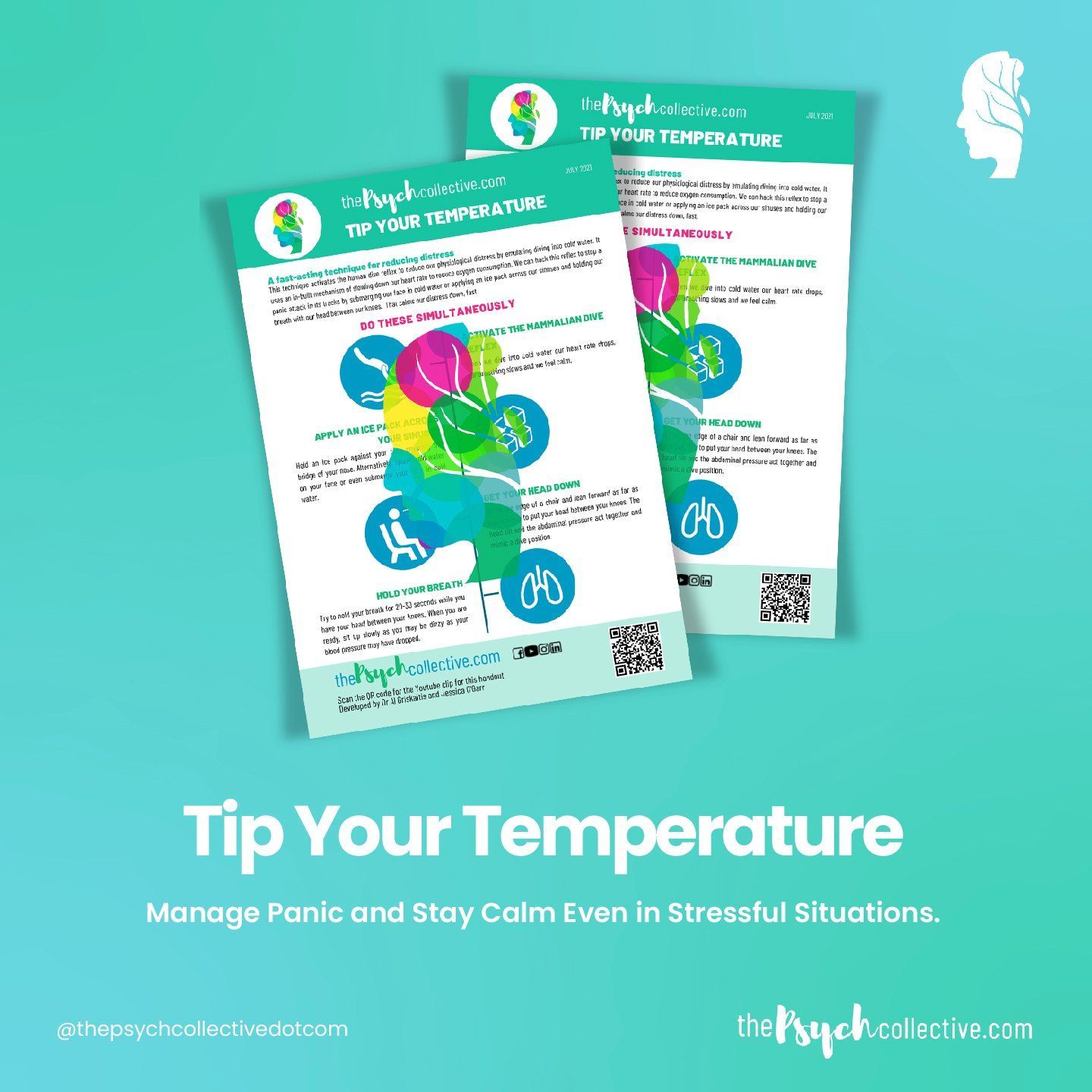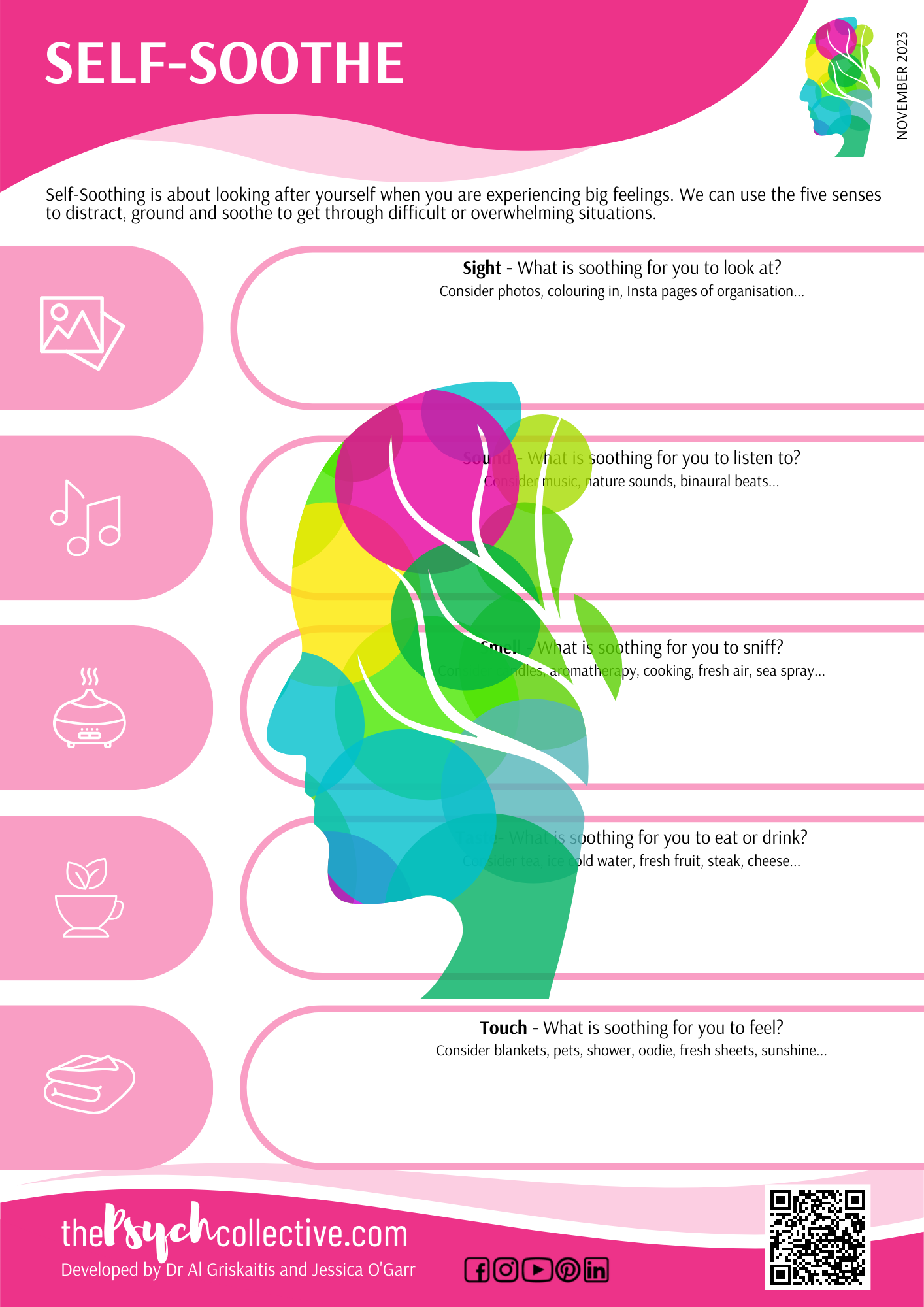Clinic Address: Unit 3, 36-42 Auburn St, Wollongong NSW | Monday to Friday by Appointment Only
Clinic Address: Unit 3, 36-42 Auburn St, Wollongong NSW | Monday to Friday by Appointment Only
Stubbornness may prolong suffering in PTSD
Stubbornness can keep traumatised people stuck

Flex Your Mind: How Boosting Cognitive Flexibility Can Help Overcome PTSD Rigidity
Stubbornness and Low Openness Make PTSD more likely and Harder to Treat
In my work with police and military personnel suffering from PTSD, I’ve noticed something striking: those who are stubborn or low in openness—traits that psychologists often measure—tend to have a tougher time benefiting from trauma processing treatments. I’ve long suspected that this stubbornness or rigidity, which shows up as a difficulty in seeing things from a different perspectives and a refusal to act differently gets in the way of moving forwards. After all, being stuck in one way of thinking and acting can make it harder to learn from trauma and limits post-traumatic growth. The trauma alarm remains because the lessons of the trauma are not embodied. Most high rating searches on PTSD won't even note this important risk factor.
Research Confirms That Cognitive Flexibility Reduces PTSD Symptoms
Curious to see if the science backed up my hunch, I dove into the research and found a 2018 Israeli study that really hit home. Conducted by Ziv Ben-Zion et al and published in Frontiers in Psychiatry, this study looked at whether neurocognitive training—essentially, exercises designed to boost mental flexibility—could reduce PTSD symptoms in trauma survivors. The results were compelling: people who had better cognitive flexibility ended up with significantly less severe PTSD symptoms over time. Even more encouraging, those who participated in early neurocognitive training saw a noticeable drop in their PTSD symptoms compared to those who didn’t get the training. Specifically, the intervention group experienced about a moderate to high reduction in symptom severity.
Enhancing Cognitive Flexibility Is a Practical Way to Mitigate PTSD
What does this mean in plain English? Essentially, by training your brain to be more flexible, you might be able to reduce the grip PTSD has on you. This also might explain why psychedelic treatments—known for increasing openness as a personality trait—have shown promise in some cases. In fact, if a mystical experience is induced by psilocybin this may boost openness by about 20% (MacLean et al., 2011). Psychedelics come with their own set of barriers and challenges and are not generally used for this purpose.
Neurocognitive Training Could Be the Key to Overcoming Rigidity
So, what can you do? The good news is that you don’t need to venture into uncharted territory to start reaping the benefits of increased cognitive flexibility. Clinically, focusing on increasing openness through cognitive flexibility training could make a real difference for those stuck in rigid thinking patterns. This approach could be particularly helpful for people who find themselves resistant to traditional PTSD treatments.
How Rigidity impacts
A common cause of accumulated trauma that leads to PTSD:
- The rigid willingness to continue to stay situations that are causing one harm.
One of the biggest barriers I see to recovery from PTSD is in part a result of mental inflexibility:
- The unwillingness to change.
- The unwillingness to do things differently.
- The unwillingness to let go of what doesn't work.
Training Boost Flexibility and Reduce PTSD Symptoms
Actionable Tip: You can start by downloading a validated cognitive training app like BrainHQ and focusing on exercises that target mental flexibility. Commit to using the app for 30 minutes a day over the course of a month, and you might see an improvement in your cognitive flexibility—and with it, some reduction in PTSD symptoms. Look for tasks like the Stroop Task (which helps you manage conflicting information) or Switching of Attention exercises (which teach your brain to shift gears smoothly). It may also improve your mental fatigue by increasing mental fitness. And it doesn’t stop there. Games like Tetris, which requires you to fit falling shapes into the right spots, or Sudoku, which challenges your logic and pattern recognition skills, can also help loosen up that rigid thinking. Clearly it's not a panacea, but Incorporating these activities into your daily routine could help you develop a more adaptable mindset, making it easier to process trauma and move toward healing. Try it for a month.
[We have no affiliation with BrainHQ or any other app]
Categories
About Our Resources
We offer actionable resources and teach real skills to help people make meaningful change in managing mental health issues through different modes depending on people's learning preferences including infographics, text, worksheets, handouts and video.

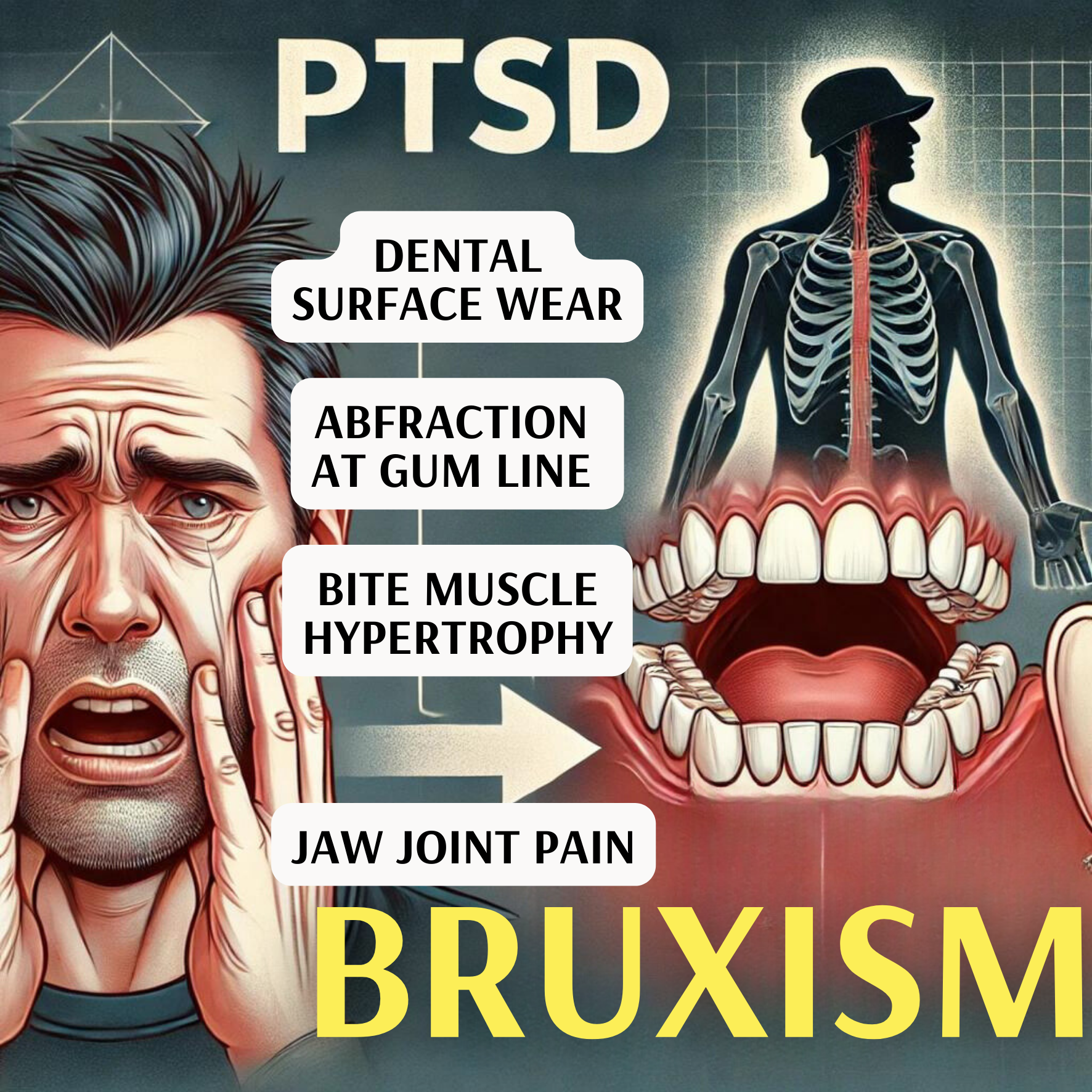

-
View Resources Here
We hope you enjoy reading this blog post.
We offer actionable resources and teach real skills to help people make meaningful changes in managing mental health issues. View resources here.
We hope you enjoy reading this blog post.
We offer actionable resources and teach real skills to help people make meaningful change in managing mental health issues.

It is our aim to offer actionable resources and teach real skills to help people make meaningful change in managing mental health issues, especially for those who can’t access other help.
